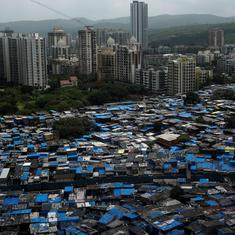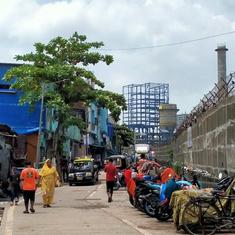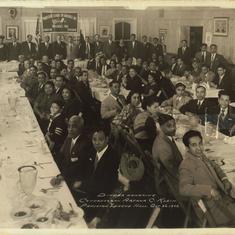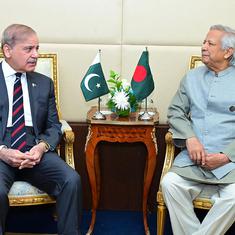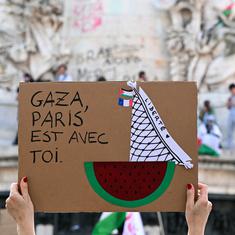Iraq: More than 200 mass graves found in territory that was under Islamic State’s control, says UN
The graves in the northern and western parts of the country are estimated to contain up to 12,000 bodies.

More than 200 mass graves with the remains of thousands of victims were found in Iraq in areas that were under the control of the Islamic State group between June 2014 and the end of 2017, the United Nations said on Tuesday. In a report, the UN Assistance Mission for Iraq and the UN Human Rights Office said they had documented 202 mass graves with up to 12,000 bodies in the northern and western parts of the country.
The graves, discovered in Ninewa, Kirkuk, Salah al-Din and Anbar provinces, could potentially contain forensic material that could help identify victims. “Evidence gathered from these sites will be central to ensuring credible investigations, prosecutions and convictions in accordance with international due process standards,” said the report. “Meaningful truth and justice requires the appropriate preservation, excavation and exhumation of mass grave sites and the identification of the remains of the many victims and their return to the families.”
The report said that while it is difficult to determine the total number of people in the graves, the biggest of them is believed to be the Khasfa sinkhole south of Mosul, which may contain thousands of bodies of ethnic and religious minorities, including the Yazidis.
The Islamic State group, which seized large areas of Iraq, led “a campaign of widespread violence and systematic violations of international human rights and humanitarian law”, said the report. The terrorist group, which participated in acts that could amount to war crimes, crimes against humanity, and possible genocide, was defeated last year after a three-year military campaign.
In August, UN investigators started gathering evidence on war crimes, crimes against humanity, or genocide to use in trials of accused Islamic State militants, AFP reported.
“Determining the circumstances surrounding the significant loss of life will be an important step in the mourning process for families and their journey to secure their rights to truth and justice,” said UN Representative for Iraq Jan Kubis.
The report asked the Iraqi government to set up a centralised registry of missing persons as well as a federal office to make it easier for people to trace their missing family members. It also recommended that the government rope in experienced specialists, such as explosives experts and crime scene investigators, to document the mass graves.
Only 28 of the 202 mass graves have been excavated and 1,258 bodies exhumed so far.
#UN Report released on 06 Nov identifies over 200 #massgraves in #Iraq, and reinforces the call for justice by victims’ families.
— UNAMI (@UNIraq) November 6, 2018
Survivors vividly recount the terror they went through in the hands of Da’esh gunmen https://t.co/Iv5BdbOzS4 pic.twitter.com/0OsMNoJvpr
#UPDATE The Islamic State group left behind more than 200 mass graves in Iraq containing up to 12,000 victims that could hold vital evidence of war crimes: UN https://t.co/ZLv5quYNZf
— AFP news agency (@AFP) November 6, 2018


